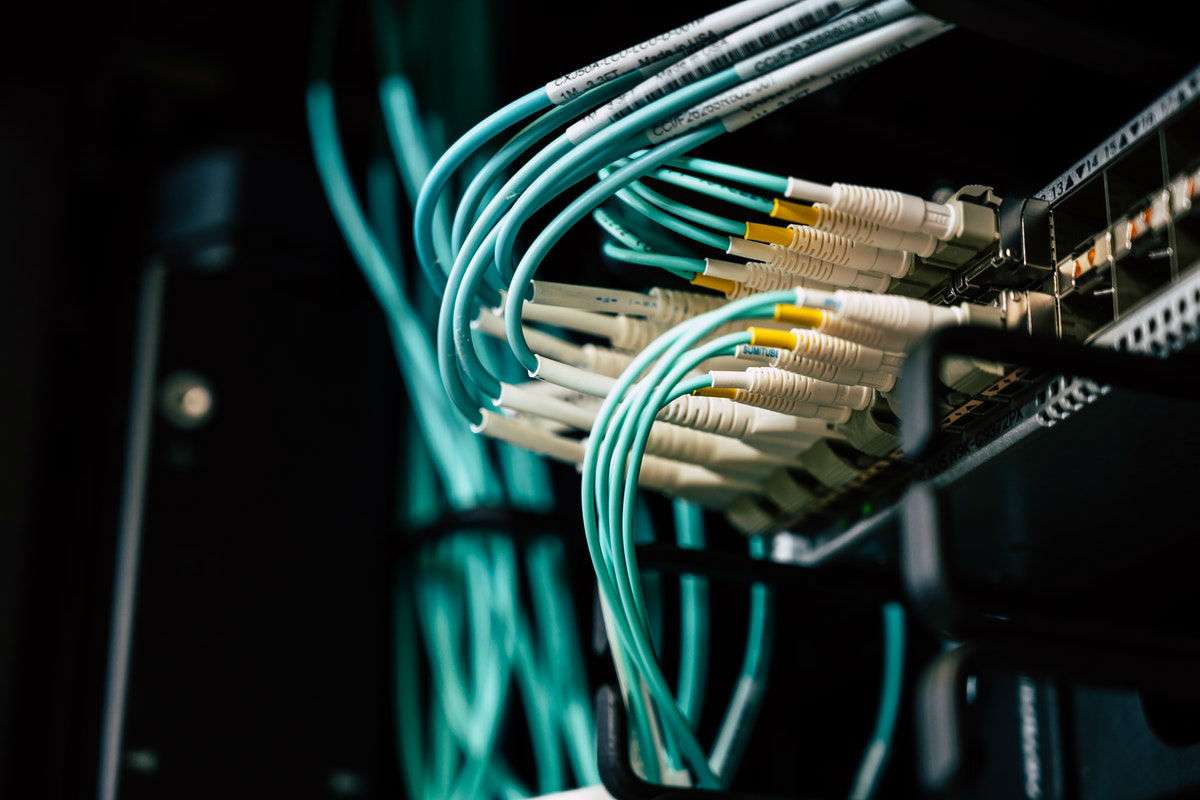In today’s world, organizations are digitally-driven. Staying connected is the key, propelling the urgency to have a stable and seamless wireless connection across organizations. From an add-on, it has evolved into a critical investment for businesses. Installing, managing and securing wireless connectivity offering excellent speed for the end-users require substantial investment and expertise. The organizations may not always have an in-house IT team that can upkeep their Wi-Fi connectivity. That is where the Managed Wi-Fi services come into play.
What are Managed Wi-Fi Services?
Under a Managed Wi-Fi service, a service provider will eliminate the hassles of an organization in maintaining its Wi-Fi technology. The provider will offer the organization a scalable wireless network solution across all its locations property-wide, as required, ensuring consistent and stable Wi-Fi connectivity. Managed Wi-Fi services are generally adopted by companies that lack qualified in-house teams to manage the IT services. The service is offered as cloud-based, which means that the internet provider will install, manage, control and troubleshoot all Wi-Fi services of the company remotely. It allows companies to access faster internet at larger bandwidths. Compared to an unmanaged Wi-Fi service, where the Wi-Fi connectivity is managed in-house through single/multiple access points, Managed Wi-Fi services can be expensive. However, factoring in the challenges of Wi-Fi management – downtime, the cost for onsite IT staff, scalability – Managed Wi-Fi services are cost-effective in the longer run. It alleviates the risk of going obsolete in terms of technology.
What are the inclusions in Managed Wi-Fi services?
Managed Wi-Fi services offer A to Z services of Wi-Fi installation and management. From RF surveys, network designing to procuring the required equipment and taking care of the ongoing maintenances, upgrades and troubleshooting, they cover everything.
Are these Managed Wi-Fi services secure?
One concern for businesses in outsourcing Wi-Fi management to an external service provider is its security. Managed Wi-Fi service providers are the gatekeepers of the company’s internet services, so they are responsible for protecting the company’s data, preventing leakages, and defending the company from attacks. Hence, it is essential to scrutinize the history, reliability and security feature offerings of the Managed Wi-Fi service provider.
Benefits of Managed Wi-Fi services
The main benefit of choosing Managed wireless service is its seamlessness. Businesses can eliminate the concerns related to Wi-Fi connectivity and instead focus on their core business and customer requirements. It allows the companies to have larger bandwidths. Compared to the cost of maintaining an in-house IT team and managing the cost of infrastructure, Managed Wi-Fi services can prove cost-effective. With 24x7 support services and remote upkeep of issues, the managed wireless services are more reliable than the unmanaged services. Scalability is another attraction. As the demands increase, businesses can add new access points or Wi-Fi extenders. They also have the latest technology in place. Centralized proactive management and controlled network policies also enhance security. The providers also use multiple forms of authentication like Active Directory, Mac-binding for the internet of things (IoT) devices, OTP, and so on to secure connection. Managed service providers can provide detailed usage analysis, making businesses aware of every move the data makes. Overall, Managed Wi-Fi services are the new determinants of business growth, ensuring end-users have a secure, reliable, and high-performing wireless experience.
